Language Delay/Disorder
What is Language Delay/Disorder?
There are many terms used in the research and among professionals when describing children who have difficulties understanding and using language. Some use the term receptive or expressive language disorder, developmental language disorder, specific language impairment, language learning impairment or, simply, language delay or disorder. This can make it difficult for parents to get appropriate information.
There is a difference between the terms ‘delay’ and ‘disorder’. A delay means that a child is developing language in a typical manner, but is doing so more slowly than other children his or her age. A disorder means that a child is not developing language as one would expect, or abnormally.
When someone has difficulty understanding what others are saying, they have problems with their receptive language or auditory comprehension. When someone has difficulty expressing themselves, they have problems with their expressive language. Some people have difficulty with both areas of spoken language which can be frustrating to themselves and the people with whom they communicate.
Specific language impairment (SLI) is “characterized by difficulty with language that is not caused by known neurological, sensory, intellectual, or emotional deficit. It can affect the development of vocabulary, grammar, and discourse skills… Children with SLI may be intelligent and healthy in all regards except in the difficulty they have with language.” (ASHA, 2001) This term is usually applied to older children.
What can professionals do to help?
The speech-language pathologist (SLP) provides assessment, diagnosis, and intervention for children with language delay or disorder. The SLP is an essential part of early intervention and school teams including parents, caregivers, daycare or preschool staff, teachers or other professionals. The SLP identifies areas of strength and need and creates a treatment plan that helps the child develop the listening and speaking skills that allow him or her to communicate more effectively. SLPs provide consultation to the important people in a child’s life, help them support the child’s communication in all environments, and lay the foundations for reading and writing skills through the development of oral language.
